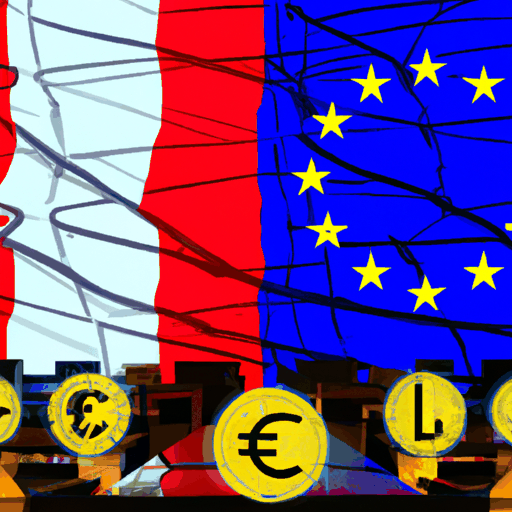
France Considers Blocking Foreign Crypto Firms Despite EU Licenses
By: Eliza Bennet
France has initiated a significant push against the licensing of cryptocurrency firms operating under the European Union's Markets in Crypto-Assets (MiCA) framework, citing concerns over varying regulatory standards across member states. The move comes amidst growing unease among French regulators, particularly the Autorité des Marchés Financiers (AMF), about the potential for firms to exploit looser regulatory environments in other EU countries to gain easier access to the 27-nation market.
The MiCA regulation, which became effective this year, was designed to create a harmonized regulatory landscape across the EU, allowing companies to secure a license in one state and use it to operate across the union. However, the reality has revealed significant discrepancies in how national regulators interpret and enforce these rules, leading to fears about inconsistent investor protection and market stability. This has compelled countries like France, alongside Italy and Austria, to call for the European Securities and Markets Authority (ESMA) to take on a more centralized supervisory role in overseeing major cryptocurrency firms.
In a move that could disrupt the EU’s single market principles, France has threatened to refuse recognition of licenses granted elsewhere within the bloc, a measure described by AMF president Marie-Anne Barbat-Layani as a potential "atomic weapon". This stance highlights France's commitment to stringent oversight to prevent any regulatory arbitrage that might undermine its financial markets. While contemplating legal complexities, this hardline position aims to present a safe and stable environment for investors and firms operating within its borders.
As the debate over centralized versus national regulation intensifies, ESMA has been vocal in its recommendations for a broader supervisory authority, responding to similar calls from other states. The push has not been without resistance, as some member states prefer retaining national control over crypto regulations. Despite this, France and its allies continue advocating for enhanced cybersecurity standards and clearer rules for new token offerings, illustrating an urgent need for regulatory resilience as the cryptocurrency sector continues its rapid growth across the globe.
This unfolding situation underscores the broader implications of regulatory patchwork in a rapidly evolving industry that holds significant economic potential yet poses risks to financial stability without consistent oversight. Observers are closely watching how the EU navigates these challenges as it seeks to unlock the full potential of digital assets while safeguarding its economic infrastructure. For more detailed information about MiCA and its implications, see the European Union's official statements on digital finance strategy.



